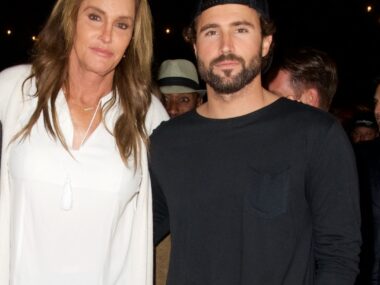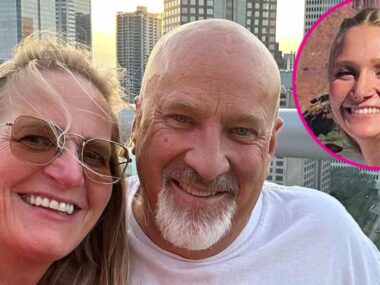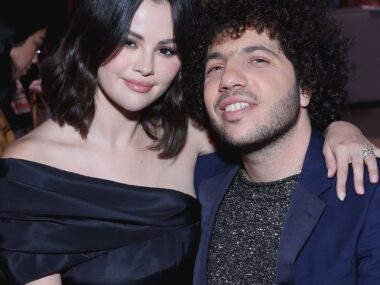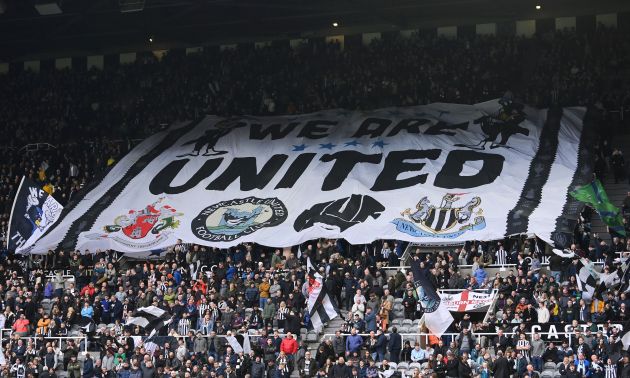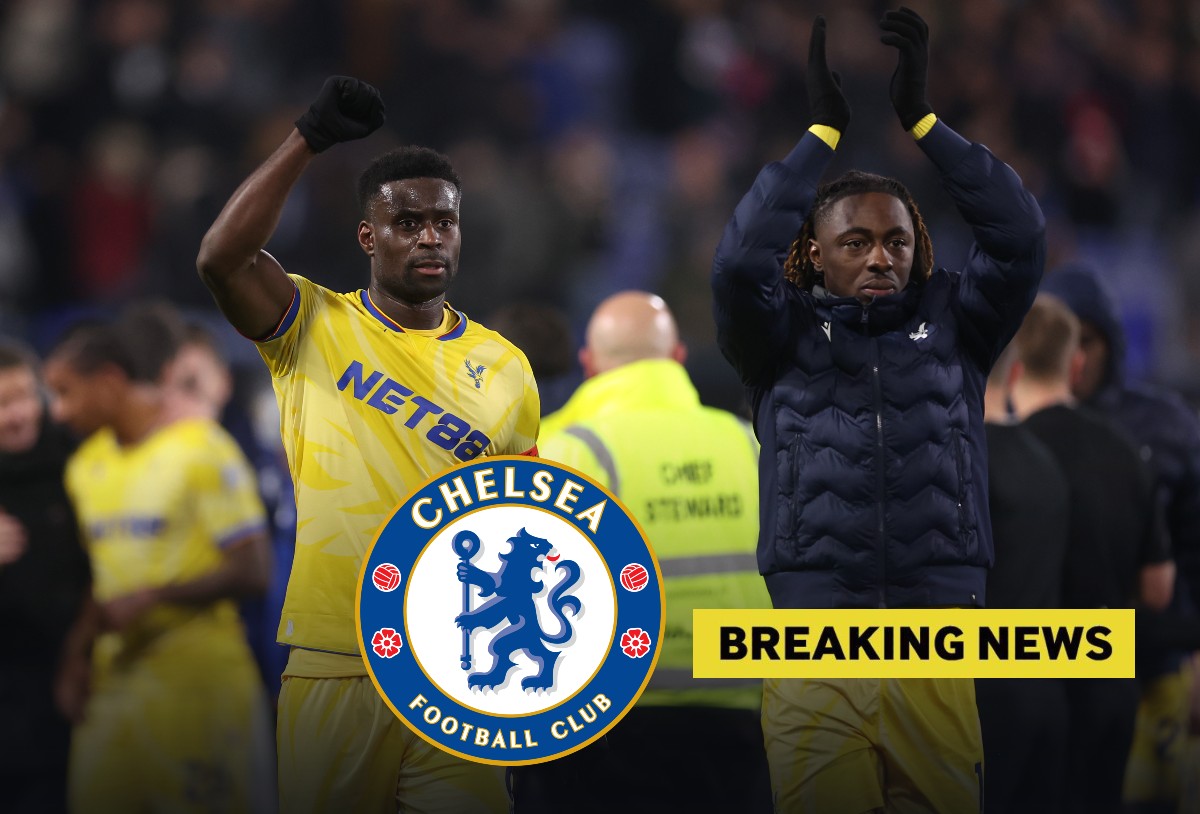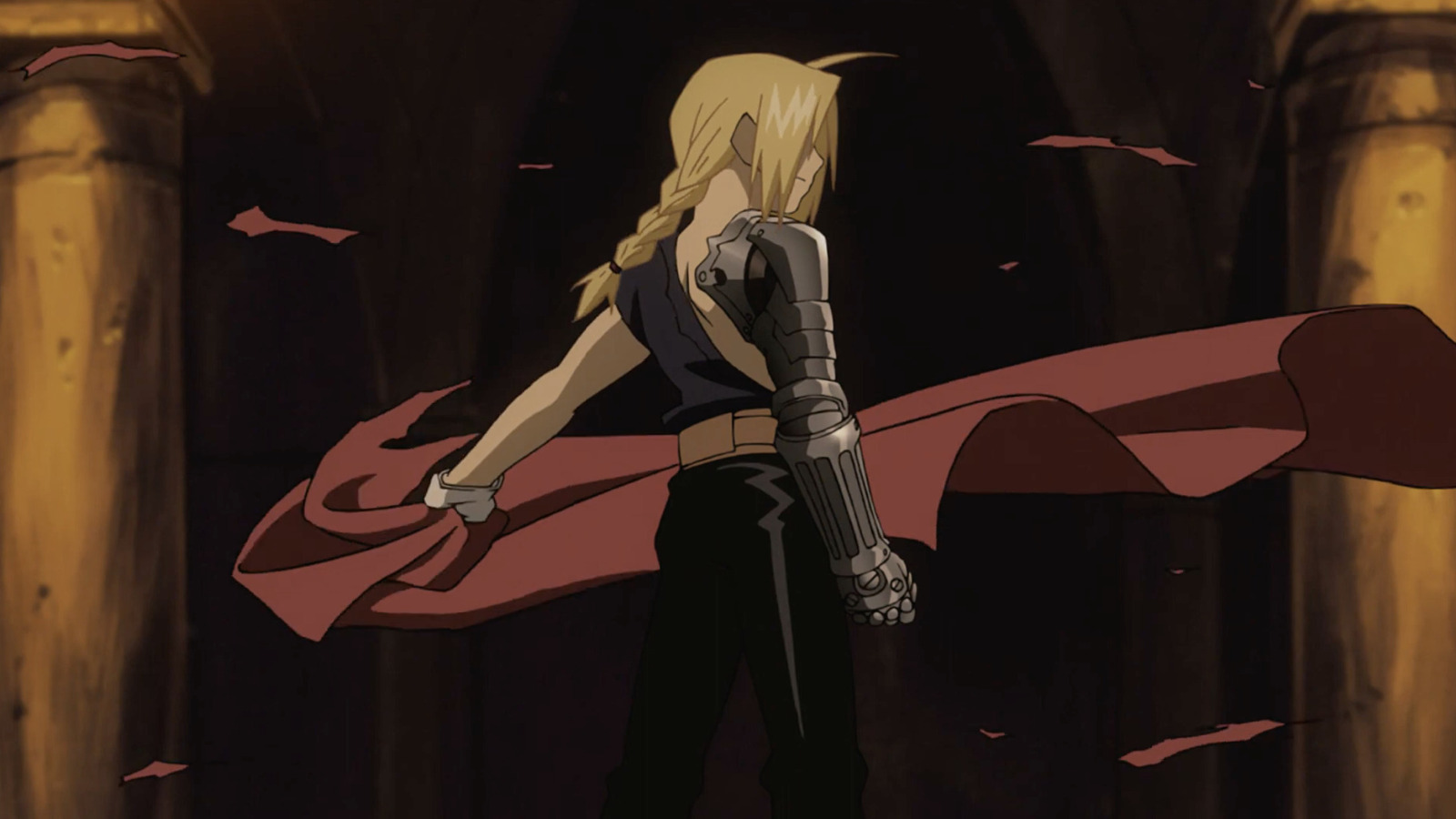
Fullmetal Alchemist: Brotherhood is the double virtue of being both accessible and brilliant. It is not how mature or soul-stirring like some similarly acclaimed anime like “Neon Genesis Evangelion” or “Cowboy Bebop,” but it's not a brainless action show either. It's an exciting series that looks like it's going to take over – the final episode of the series takes place over the course of one day, so if it's your first time, watch it all at once! You won't regret it, trust me.
For added accessibility, Fullmetal Alchemist: Brotherhood has a robust English dub (written and performed by Funimation, now known as Crunchyroll). For anime newbies who just can't get past the one-inch barrier to watch with subtitles, this makes Fullmetal Alchemist especially appealing.
The anime blends different tones into a harmonious whole, like an alchemist, from incredible action to honest comedy to even hints of horror (especially with the show's monster designs). More than any other anime, I re-listen to the Fullmetal Alchemist: Brotherhood soundtrack, Akira Senju's instrumental score (“Trisha's Lullaby” has a beautiful bittersweet harmony that will hit you like a steel fist in the gut) and J-pop opening/ending themes. When it comes to music, not every anime has a whole unrelated rock song written about it – fandom is similar The Good Child's “Alchemist” talk about the show's lasting impact.
There is no such effect simply because it's a fun show. Fullmetal Alchemist: Brotherhood doesn't evaporate like sugar once you've finished it. Looking at it from a distance, you'll only find more to admire in the details Arakawa adds and how she structures her story. the lessons she imparts linger with you.
The story dares to tackle tough issues, from some simple realities of growing up (accepting that death is permanent, which is conveyed not only through the backstory of the Elrics, but also through some heartbreaking, never-retrieved deaths of supporting characters) to harsher political themes, for example, the responsibility that citizens living under an evil state have to turn against it.
At the end of his journey, Edward concludes that “there is no such thing as a painless lesson” because your heart can only grow stronger through being challenged and overcome. I have carried these eight words with me and used them as reassurance more than once because they so succinctly remind me that there will be light at the end of the tunnel if you keep moving forward.
Source link



